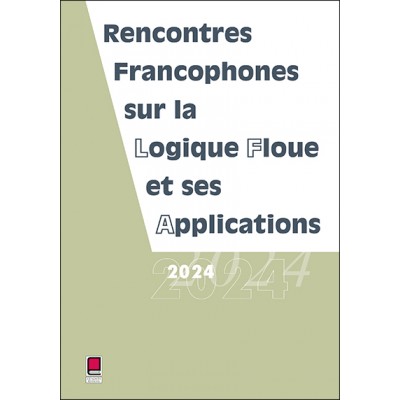Apports des arbres de régression dans l’analyse douce des fluctuations redressées (soft DFA)
Human signal processing can be used to highlight different characteristics associated with behaviour, pathologies and conditions. Detrended Fluctuation Analysis (DFA) provides interesting information about the socalled fractal complexity of physiological signals, which is often equated with neuroplasiticity and therefore with adaptability. The DFA is based on the fractal aspect of linear signal fluctuations. This article proposes to take advantage of a non-linear regression model: the regression tree, which allows discretisation leading to segments of minimal variance. Analysis of fluctuations within such low-variance sub-samples associated with an uncertainty modelling could be used to refine the soft DFA. Various methods that take advantage of regression trees within the soft DFA are proposed through a number of experiments on simulated signals.

